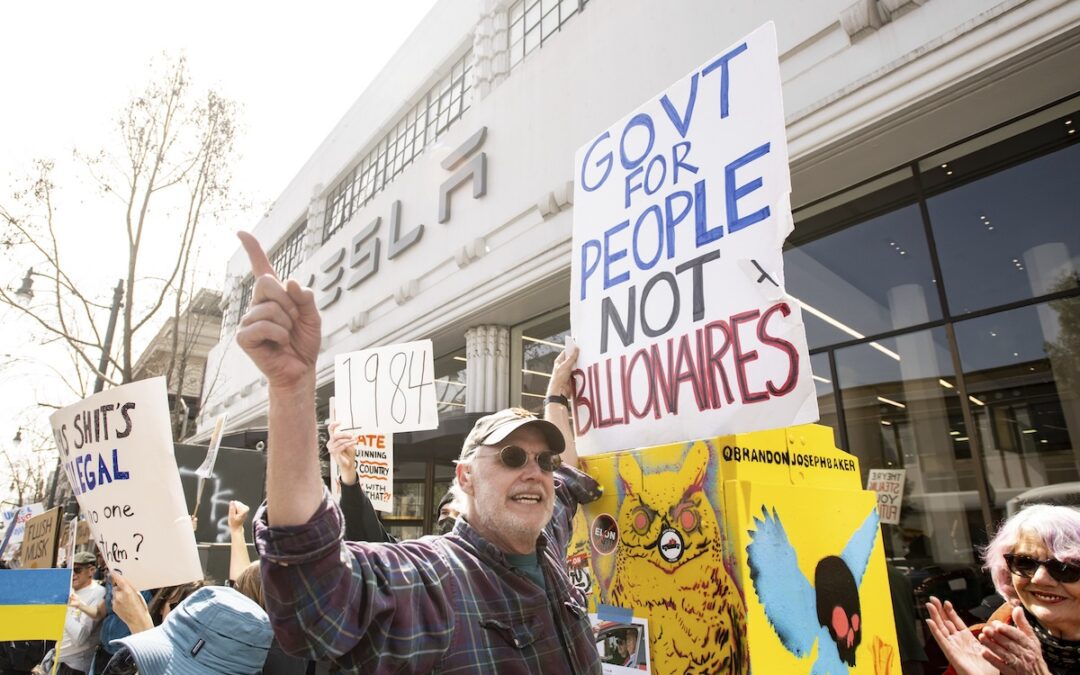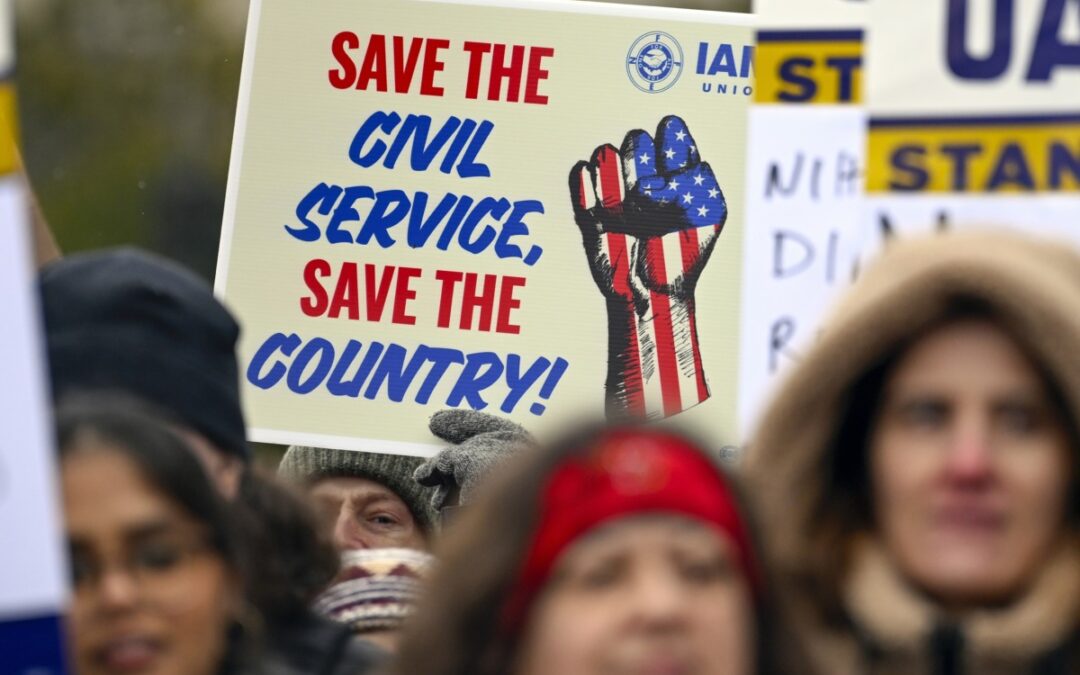
The proposed regulation would require employers to pay overtime to their salaried workers who are in executive, administrative, and professional roles, and make less than $1,059 a week, or $55,068 a year for full-time employees. (AP Photo/Michael Wyke, File)
The Biden administration on Wednesday proposed a new rule that would make 3.6 million more American workers eligible for overtime pay.
The new proposal from the US Department of Labor would require employers to pay overtime to their salaried workers who are in executive, administrative, and professional roles, and make less than $1,059 a week, or $55,068 a year for full-time employees.
Under the existing standards put in place by former president Donald Trump, only workers earning up to $35,568 are guaranteed overtime pay.
This proposed regulation revives an Obama-era effort that was ultimately struck down in court after it faced pushback from both Republican lawmakers and business leaders. In recent years, however, labor groups and more liberal lawmakers have advocated for reforms to expand the pool of workers who qualify for overtime pay.
The Economic Policy Institute estimates that about 15% of full-time salaried workers in the United States are entitled to overtime pay under the Trump-era policy, while the Labor Department projects that this new rule would almost double that figure to nearly 30%.
“For over 80 years, a cornerstone of workers’ rights in this country is the right to a 40-hour workweek, the promise that you get to go home after 40 hours or you get higher pay for each extra hour that you spend laboring away from your loved ones,” Acting Secretary Julie Su said in a statement on Wednesday. “I’ve heard from workers again and again about working long hours, for no extra pay, all while earning low salaries that don’t come anywhere close to compensating them for their sacrifices.
“Today, the Biden-Harris administration is proposing a rule that would help restore workers’ economic security,” Su continued. “Workers deserve to continue to share in the economic prosperity of Bidenomics.”
The proposal would have the greatest impact on workers in the retail, food, hospitality, and manufacturing industries. For example, 300,000 of the 3.6 million workers affected would be retail workers, and another 300,000 would be manufacturing workers. Some 180,000 hospitality and leisure workers and 600,000 health and social service workers would also be newly covered.
This rule would also benefit some of the nation’s most vulnerable workers: women, people of color, and workers without college degrees—demographic groups that are highly represented in those jobs.
In another major change, the proposed rule would use wage data to implement automatic updates to the salary level for overtime eligibility every three years. The rule would also help ensure that more low-paid salary workers and workers in US territories receive overtime protections.
Labor advocates have already started praising the proposed rule.
Liz Shuler, president of the AFL-CIO, called the measure a “victory for the working people.” She said employers that don’t want to pay overtime “instead could take the high road and hire additional staff or promote workers from part-time to full-time status.”
The rule now enters a 60-day comment period before it is finalized.

You’re paying taxes today—but are billionaires and big corporations dodging theirs?
Community organizations across the US are coming together this Tax Day to tell Congress to prioritize people over profits—here’s how you can get...

Spanberger says she’ll sign bill to raise minimum wage to $15 an hour
Outgoing Republican governor and former private equity executive Glenn Youngkin has consistently blocked legislative efforts to raise the minimum...

‘Some people work their butts off and other people get rich’: Gwen Frisbie-Fulton’s view from rural America
Growing up, my dad only made two rules for me outside of my chores. The first one was that I wasn’t allowed to make soap with lye. Glycerine soap,...

Virginia leaders brace for impact of federal cuts
“There's so many down-river, trickle-down effects that are going to occur, and frankly, at the local level, we're not going to be equipped to be...

Virginia Republican blames, attacks fired federal contractors as ‘not very smart’
The Virginia Senate advanced legislation that would give emergency assistance to federal independent contractors fired in President Donald Trump’s...

Medical debt will no longer appear on credit reports for all Americans
This new rule will erase an estimated $49 billion in unpaid medical bills from the credit reports of roughly 15 million Americans, according to the...




